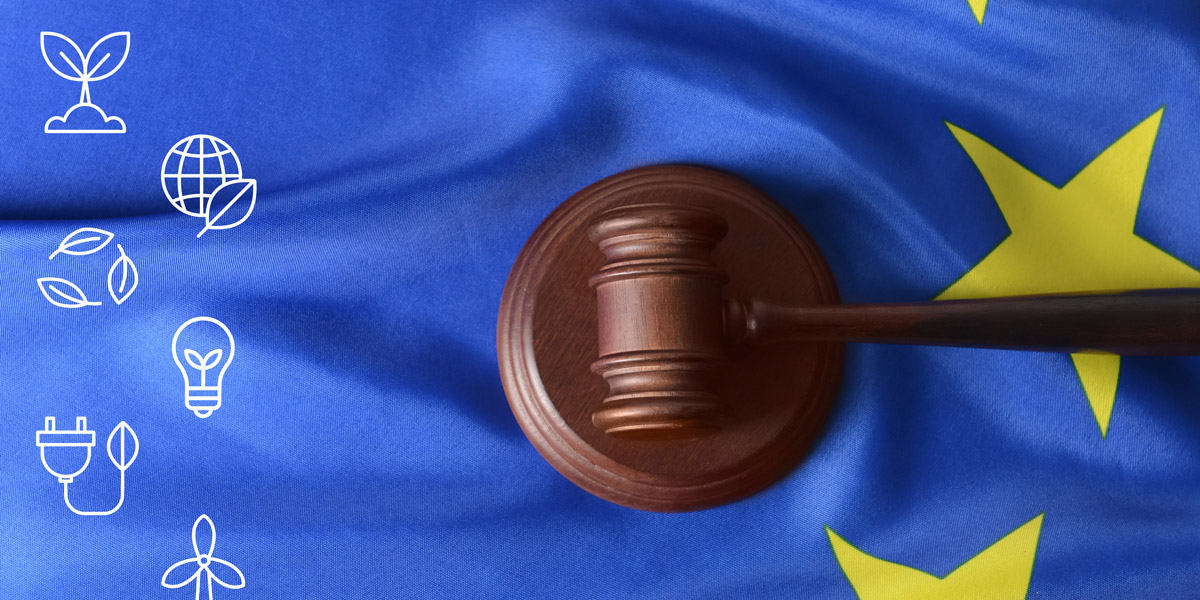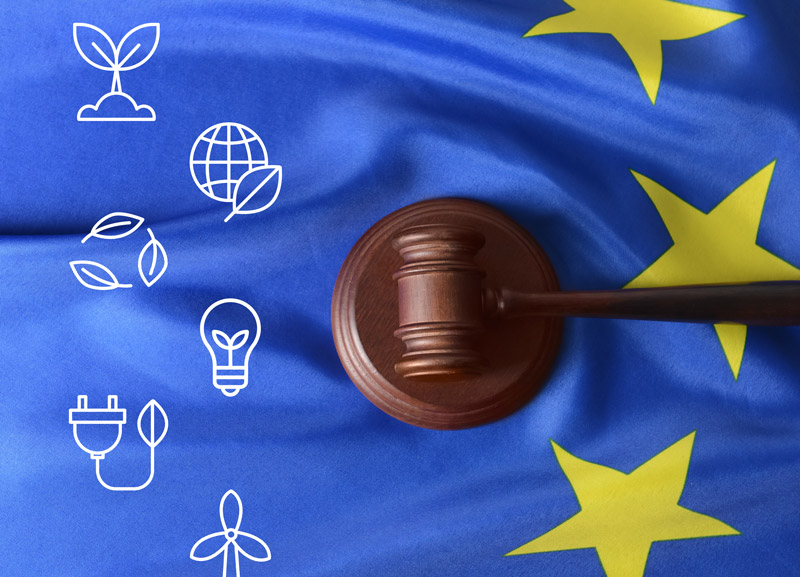New EU rules for environmental claims – how to nail a credible environmental claim

Environmental sustainability has recently become a megatrend that motivates companies to include all types of environmental claims in their marketing. The EU is now tightening the rules for environmental claims to prevent companies from using green marketing to merely greenwash products or services, and concentrating instead on genuine environmental actions.
According to research, both consumers and companies feel that the fact that a product or service is ecological is an important factor in purchasing decisions. However, many environmental claims are unverified, partly due to lacking know-how, and partly due to outdated regulations.
A 2020 study by the European Commission indicates that 53.3% of environmental claims gave either vague or misleading information, and no less than 40% were baseless. In Finland, a 2022 survey carried out by Kuluttajaliitto (The Consumers’ Union of Finland), Marttaliitto (The Martha Association) and Ympäristömerkintä Suomi (Ecolabelling Finland) revealed that 57% of consumers did not fully trust environmental claims.
As a way out of the wild environmental claims market, the EU has amended the consumer protection directive (entering into force in 2026) that prohibits baseless environmental claims. This means that going forward, claims can only be used if they can be proven to be true. In addition, the EU forbids calling a product or service carbon neutral if carbon neutrality has been achieved solely by compensating emissions.


How to nail a good environmental claim?
A good environmental claim is clear-cut and needed. For example, if we say we use recycled materials, we should specify whether it means the product, packaging or raw materials. The use of an environmental claim is baseless if the product does not truly stand out from its competitors in terms of sustainability.
A good environmental claim is transparent and based on checked facts. A truly convincing claim reveals solid actions behind it. Adjectives such as “environmentally friendly” or “ecological” can only be used if the entire life cycle of the service or product meets that claim. The more transparency in the argument, the more believable it is.
A good environmental claim is not overly generic. Claims that lack substance and sound like a slogan are not convincing and can be perceived as greenwashing. For example, a slogan called “greener choice” leaves a lot of room for interpretation: greener than what, what does green mean and how much greener? Comparison to competitors must be proved when using, for example the wording “the most responsible on the market”.
What EU directive changes mean for us?
We at Istutapuita.fi see environmental claim regulation as only a positive thing.
– Many Finnish companies are spending big on foreign compensation projects for the sake of an official carbon neutrality certificate without genuine evidence that those measures are either implemented or have a real effect. The new directive encourages companies to focus on transparent domestic services and the genuine implementation of sustainability measures, says Timo Tammenaho at Istutapuita.fi.
Tammenaho does not believe that the stricker rules on using “carbon neutrality” as an environmental claim should affect Istutapuita.fi’s operations.
– We have always made it clear to our customers that carbon neutrality cannot be achieved by compensation alone. The company’s emissions should be carefully dissected to find ways to reduce them.
Tammenaho says both consumers and companies are increasingly more aware of sustainability issues and are inclined to question hollow statements. Companies that deliver on the promises backing the claims will gain most benefits for their reputation. Baseless sustainability claims, on the other hand, can dramatically damage a company’s reputation.
– Environmental measures should stem from the desire to act more sustainably and not from the urge to use a hollow advertising slogan. If a company is caught red-handed doing greenwashing, social media will make sure the word gets about.
At Istutapuita.fi, we help your company implement transparent environmental measures and communicate them clearly. Get in touch to see whether planting trees could fit to your company’s sustainability plan!
Contact Us!
Do you want to find out how your company can offset its carbon dioxide emissions and participate in our carbon sink project? Send us a message and we'll get back to you as soon as possible or call Timo on +358 40 485 6607.
Company
Forest Gump Oy
Nousiaistentie 4 LT
00280 Helsinki
FINLAND
Invoicing
E-invoicing address: 003732031469
Operator:
Apix Messaging Oy
Operator ID: 003723327487
Terms and Conditions
Privacy Notice
